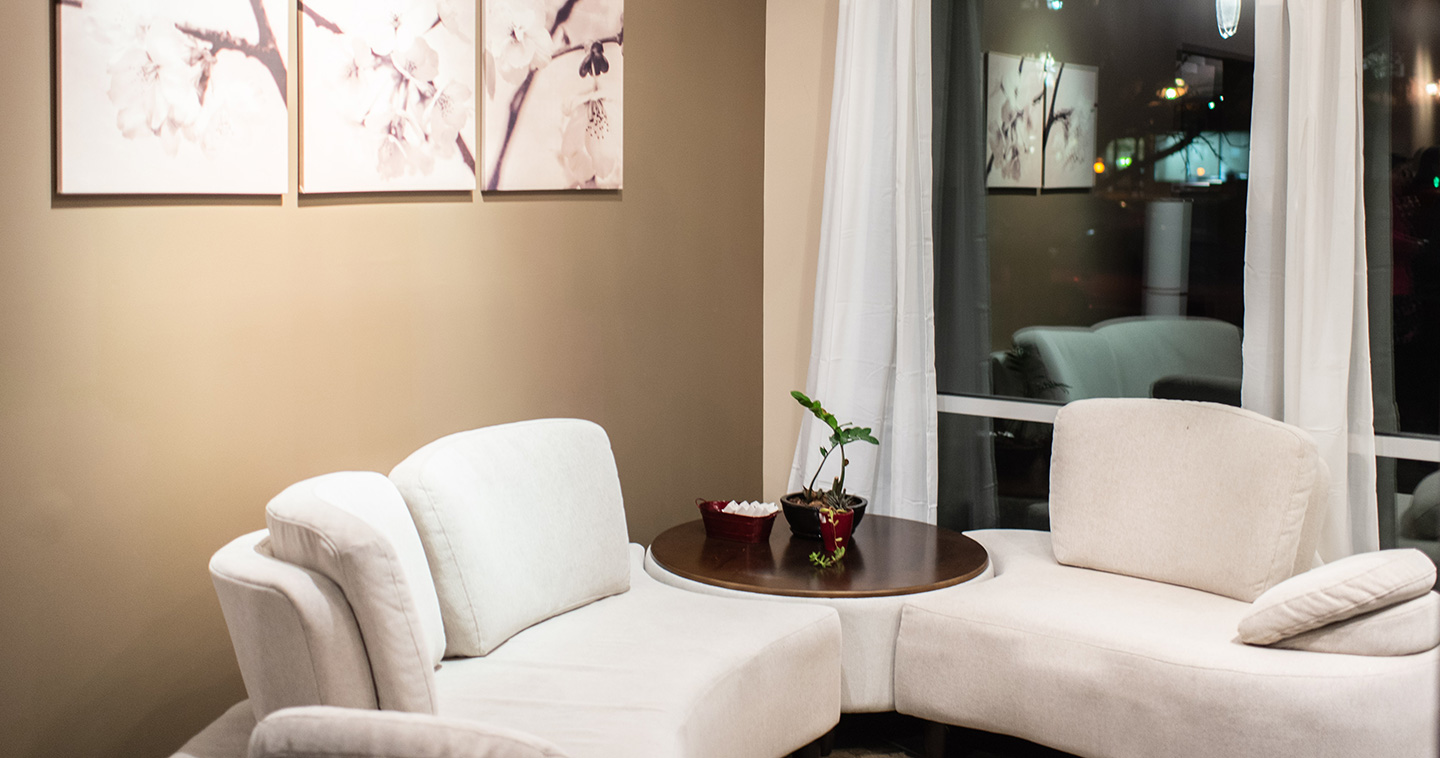Radically Open Dialectical Behavior Therapy (RO-DBT) is an evidence-based behavioral treatment for individuals who cope with their emotions by engaging in excessive self-control. These individuals are often described as being “type A”, perfectionistic, guarded, and hard to read. While our society usually puts a high value on our ability to exert self-control and delay gratification to achieve our goals, research has shown that too much self-control can hurt us, especially our relationships!
Why are relationships important?
Healthy long-term relationships require flexibility, adaptability, and open expression of emotions including the ability to be silly! People who are overcontrolled often struggle with these behaviors and types of thinking and can get caught in being overly focused on perfection and achievement. This can leave those individuals emotionally lonely and isolated from others. One of the worst things we can do to another human is put them in solitary confinement! RODBT teaches individuals how to become more openly expressive, which builds trust, and in turn builds social connection.
What diagnoses does RODBT help treat?
RODBT is considered a transdiagnostic treatment meaning there is not one diagnosis it is designed to treat. Many mental health diagnoses demonstrate over-control symptoms. There has been significant research, in randomized controlled research trials, demonstrating the effectiveness of RODBT in treating over-control symptoms in treatment-resistant anxiety and depression, autism, obsessive-compulsive personality styles, and anorexia nervosa.
What does treatment look like?
Outpatient RO-DBT (~30 weeks)
- Individual sessions: 45min/week, focused on individual goals
- Skills training class: 2.5 hrs (with 15 min break)
- Learn skills to:
- Increase self-awareness, and expand one’s ability to recognize and adopt alternative points of view
- Decrease inhibited and disingenuous emotional expression
- Reduce hyper-detailed focused and overly cautious behavior
- Address and loosen rigid and rule-governed behavior
- Decrease aloof and distant styles of relating
- Decrease high social comparison and envy/bitterness
- Learn skills to:
- Telephone consultation: optional but recommended
- To generalize skills use during difficult moments in between sessions
How do I know if I'm better suited for RO-DBT vs. DBT?
Take this RO-DBT Quiz to see which modality might work best for you.




